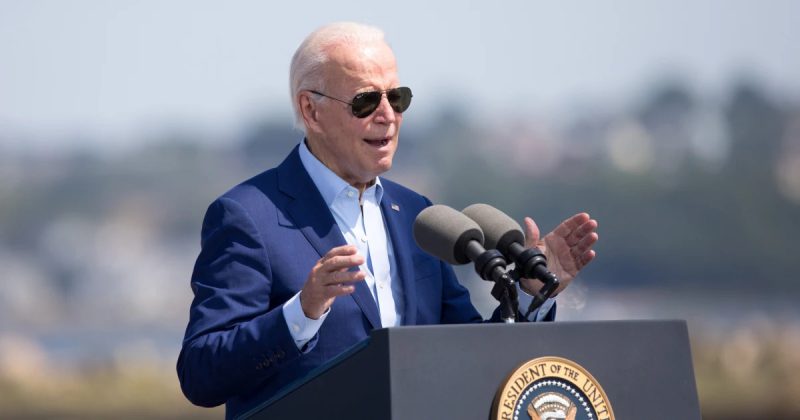Back in August, President Joe Biden announced the much-awaited plan to deliver on a campaign promise to provide $10,000 in student debt cancellation for millions of Americans and up to $10,000 more for those with the greatest financial need. Alongside, new measures to lower the burden of repayment for their remaining federal student debt were also announced. However, on November 10, a federal judge in Texas declared President Biden’s plan to cancel student debt unconstitutional.
Court Rejects Biden’s Bid
In a development that shaped up on Wednesday, the US federal appeals court rejected Biden’s $400 billion bid to reinstate his student debt relief plan.
A three-judge panel of the 5th Circuit in Wednesday’s brief order declined to put Judge Mark Pittman’s ruling on hold while the administration appealed his decision. The court, however, directed the appeal to be heard on an expedited basis.
Notably, the panel included two Republican appointees and one judge nominated by former President Barack Obama. Pittman, on the other hand, was appointed by former President Donald Trump.
As such, the Congressional Budget Office calculated in September that the debt forgiveness program run would cost taxpayers about $400 billion. Around 26 million Americans have applied for student loan forgiveness, and the US Department of Education had already green-lit requests from 16 million by the time Pittman issued his ruling.
On its part, The Job Creators Network Foundation—a conservative advocacy group—filed a lawsuit in October on behalf of a couple of borrowers who did not qualify or weren’t eligible for the debt relief.
Read More: Biden’s student loan cancellation plan declared unlawful
Notably, the judge said it was irrelevant if Biden’s plan was good public policy because the program was “one of the largest exercises of legislative power without congressional authority in the history of the United States.”
The total cost of both four-year public and four-year private colleges has nearly tripled since 1980, even after accounting for inflation. Federal support has, however, not kept up.





